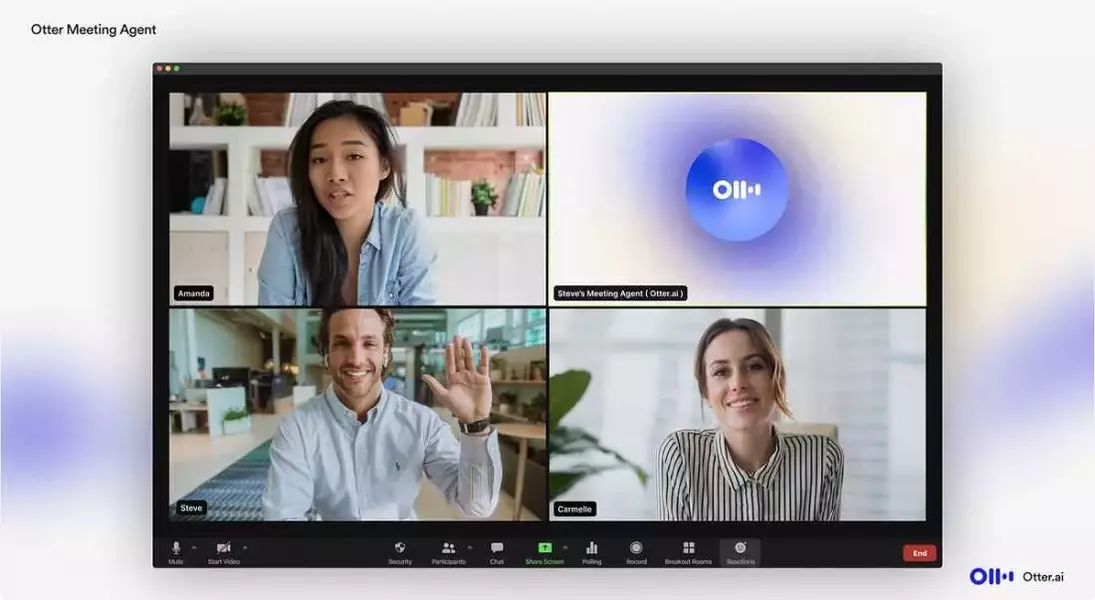
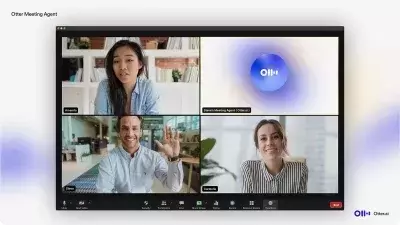
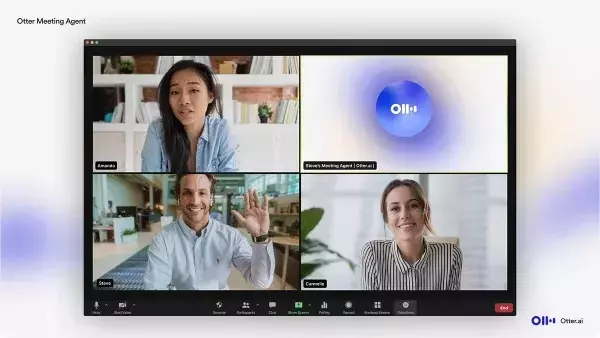
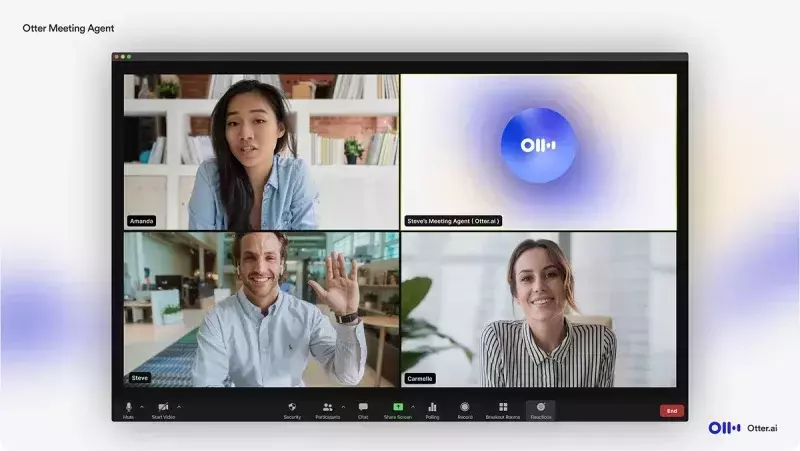
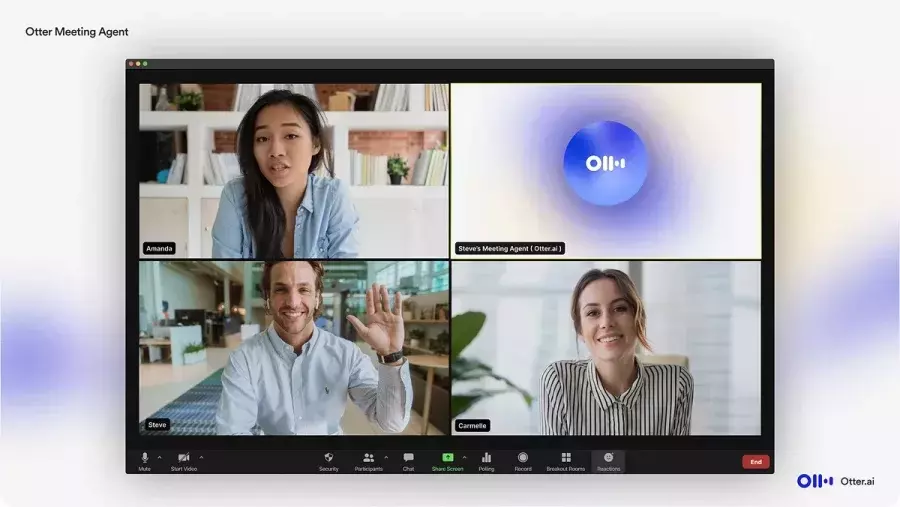

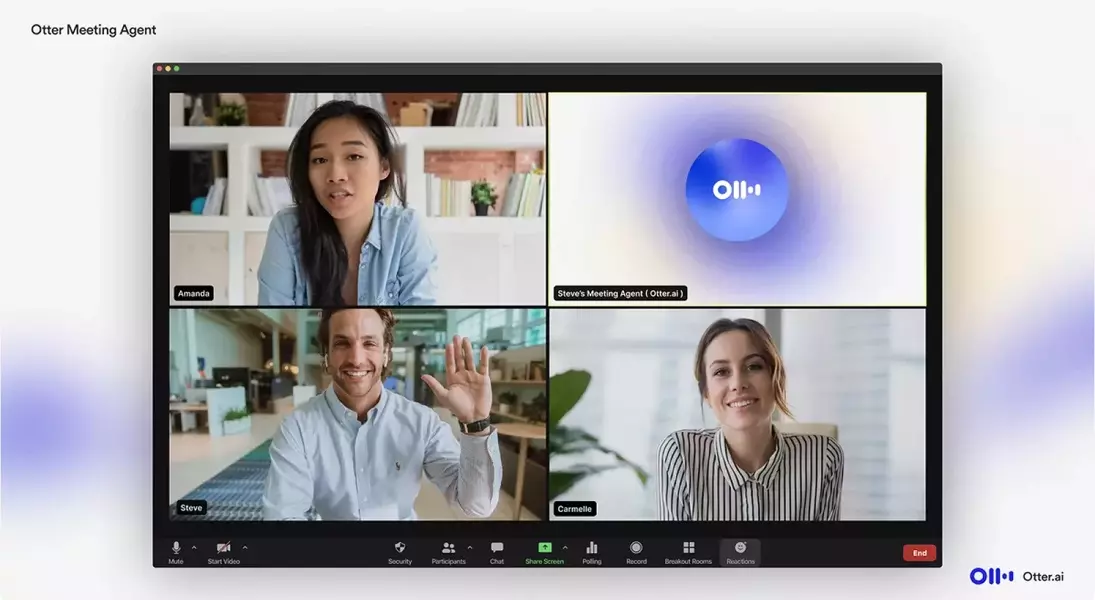
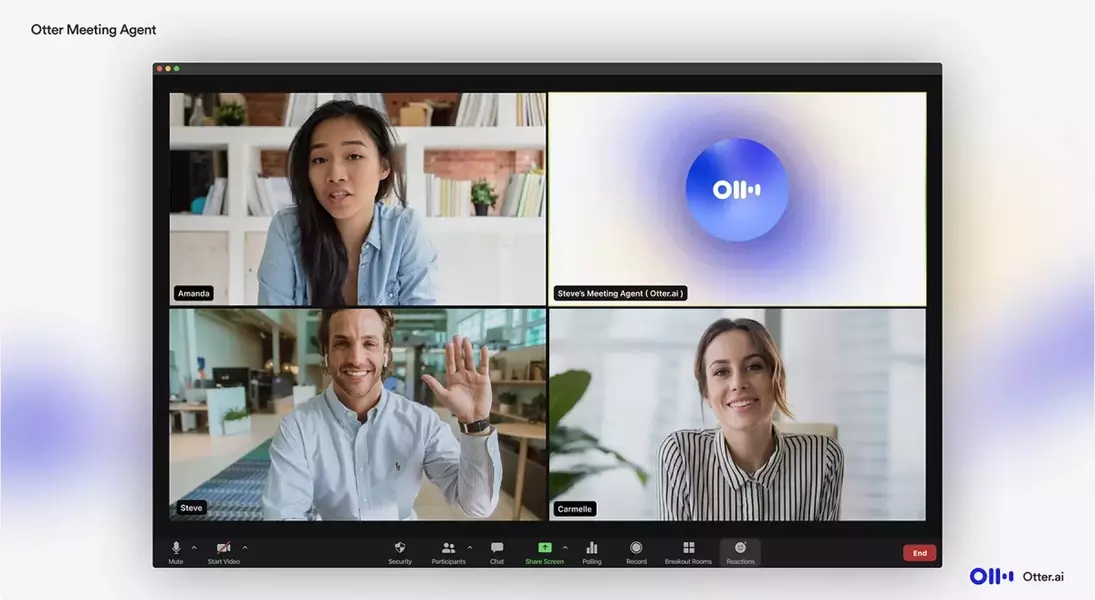
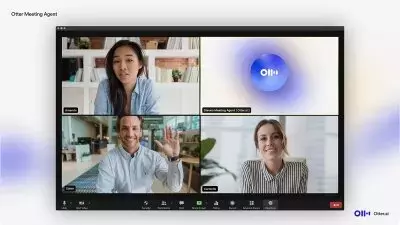
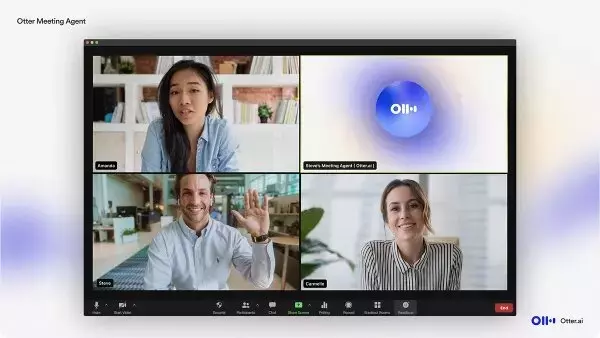
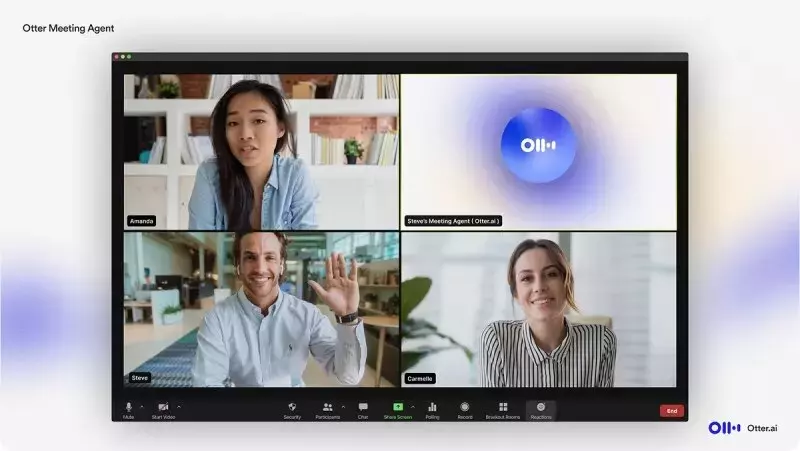
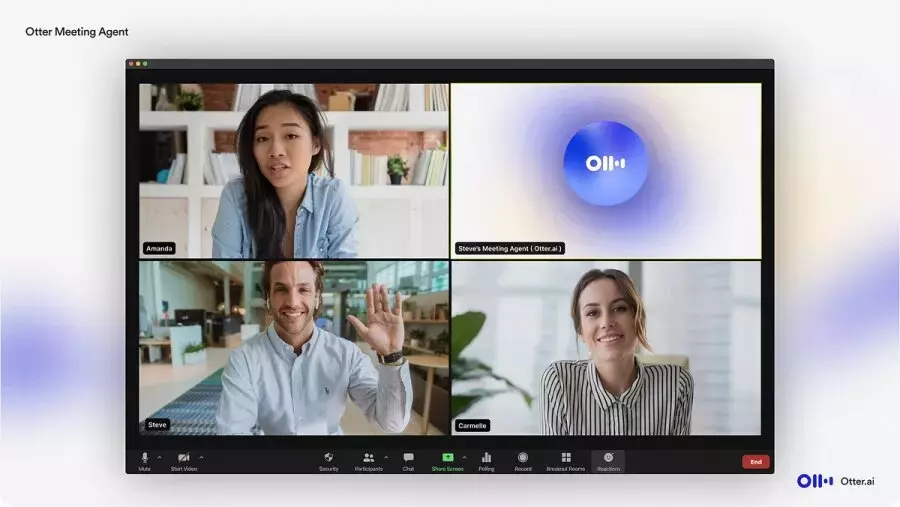
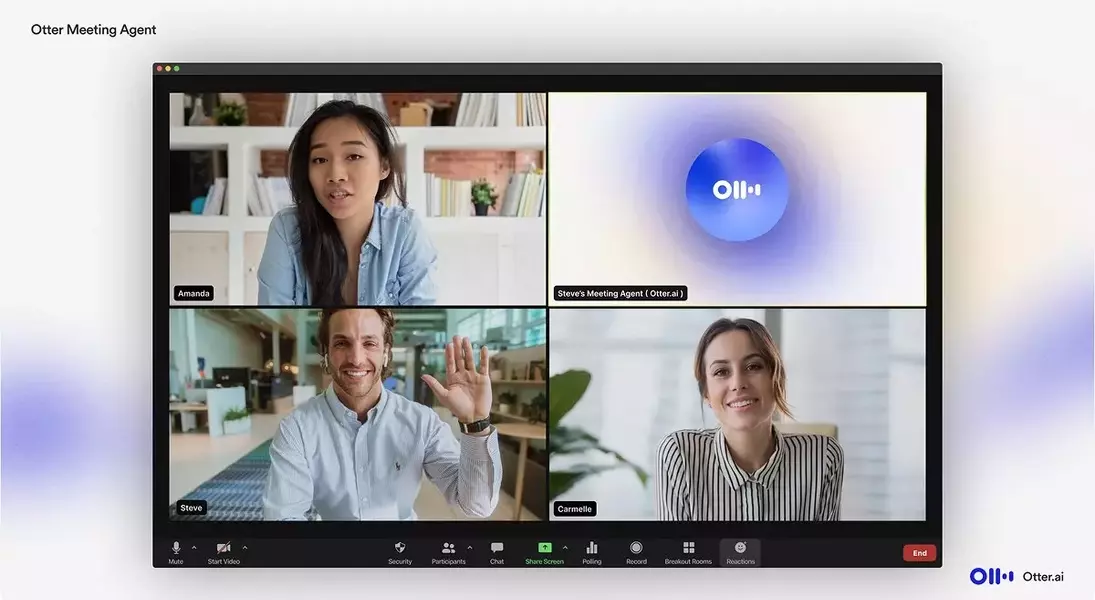
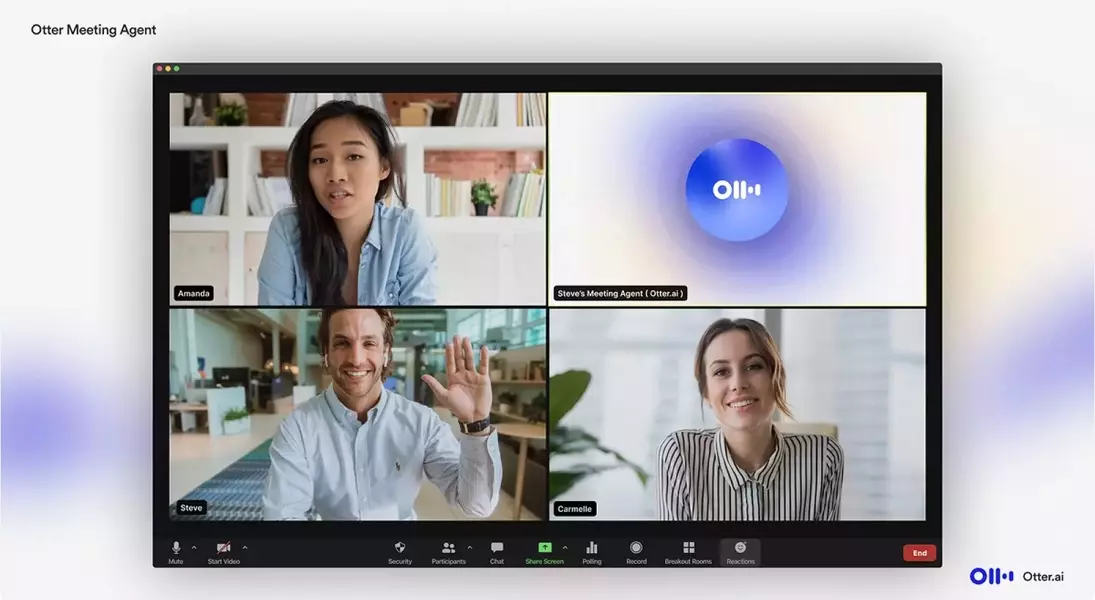
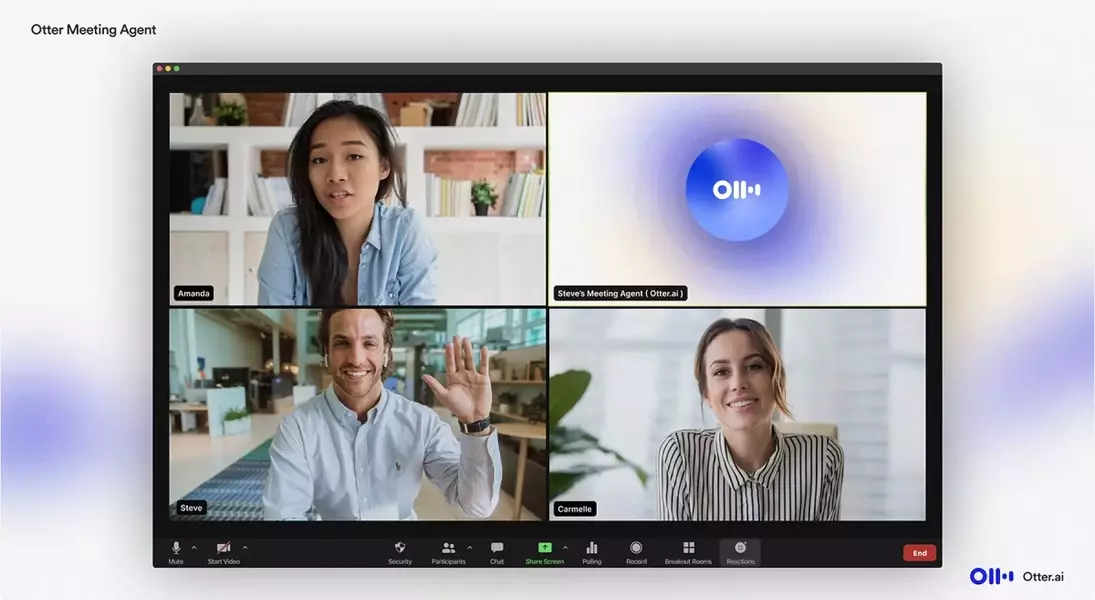


A federal class-action lawsuit has been initiated against Otter.ai, alleging the artificial intelligence transcription service is secretly capturing private dialogues without explicit permission. The legal action contends that Otter's widely used transcription tools, which integrate seamlessly with platforms like Zoom, Google Meet, and Microsoft Teams, frequently record and process conversations without informing all participants that their verbal exchanges are being utilized to enhance the company's AI capabilities. This development underscores significant privacy concerns in the rapidly evolving landscape of AI-driven technologies and prompts a critical examination of how user data is collected and leveraged by such services, particularly in professional environments where confidential information is often discussed.
Details Emerge in Landmark Privacy Litigation Against AI Giant
On a pivotal Friday, a significant federal lawsuit was formally lodged in the U.S. District Court for the Northern District of California, targeting Otter.ai, a prominent Silicon Valley-based technology firm. The plaintiff, Justin Brewer, a California resident from San Jacinto, initiated this class-action complaint, asserting that his personal privacy was profoundly violated upon discovering that his confidential conversations were being surreptitiously recorded by Otter.ai. The core of the lawsuit contends that Otter's AI-powered transcription service, known as Otter Notebook, operates under default configurations that bypass the necessity of obtaining affirmative consent from all meeting attendees for recording purposes. Furthermore, the suit alleges a critical failure to transparently disclose that these recorded interactions are then used to refine and train Otter's sophisticated artificial intelligence algorithms.
The legal documents explicitly detail that Otter.ai's methodology, which includes the deployment of an automated "Otter Notetaker" in virtual meetings, allows for the recording and transcription of dialogues without the explicit, informed consent of all individuals present. This practice, the suit argues, constitutes a direct violation of both state and federal statutes governing privacy and wiretapping. The plaintiff's legal team is seeking to expand the litigation to encompass all individuals in California whose conversations have been unknowingly shared with Otter, positing that the company benefits financially from this undisclosed data acquisition. Neither Mr. Brewer's legal representatives nor spokespersons for Otter.ai have provided public statements regarding the ongoing proceedings.
In the preceding months, Otter.ai has faced increasing scrutiny over its privacy protocols, particularly as its AI transcription tools have become ubiquitous across professional settings worldwide. The company reports an extensive user base, with approximately 25 million individuals utilizing its services, culminating in the transcription and processing of over a billion meetings since its establishment in 2016. Social media platforms like X (formerly Twitter) and Reddit have seen a proliferation of user accounts detailing adverse experiences with Otter's automated recording features. Noteworthy incidents include an AI researcher's testimony about Otter autonomously transcribing a sensitive investor meeting, inadvertently exposing confidential business details, which reportedly led to the collapse of a potential deal. Additionally, a foreign correspondent for Politico expressed apprehensions about Otter's data-sharing practices after interviewing a human rights activist, raising concerns about the potential for foreign governmental access to raw transcription data, a claim Otter.ai has publicly refuted, stating it does not share data with foreign governments or law enforcement entities. Instances of Otter automatically joining and recording meetings linked to users' workplace calendars without explicit consent have also been widely reported by concerned users.
The lawsuit further scrutinizes Otter.ai's assertion that meeting audio is "de-identified" before being incorporated into its machine learning systems for speech recognition enhancement. The complaint asserts a significant lack of transparency from Otter regarding the specifics of its de-identification process, challenging the effectiveness of such measures in safeguarding confidential information and ensuring speaker anonymity. This legal action serves as a crucial test case for establishing clearer boundaries and accountability in the realm of AI-powered services and their handling of user privacy.
This class-action lawsuit against Otter.ai serves as a stark reminder of the ethical considerations that must accompany technological advancements, especially in the realm of artificial intelligence. As AI services become increasingly integrated into our daily professional and personal lives, the fundamental right to privacy must remain paramount. This case highlights the critical need for explicit consent mechanisms and transparent data handling practices. Users should be fully aware of how their data is collected, processed, and utilized, particularly when sensitive information is involved. For developers and companies, it underscores the importance of building trust through clear communication and robust privacy safeguards from the outset. Ultimately, the outcome of this lawsuit could set a significant precedent for data privacy regulations in the AI industry, influencing how future AI tools are designed and deployed to ensure both innovation and user protection. It calls upon all stakeholders—from tech companies and policymakers to individual users—to engage in a deeper dialogue about the responsible development and deployment of AI that respects individual autonomy and privacy.
